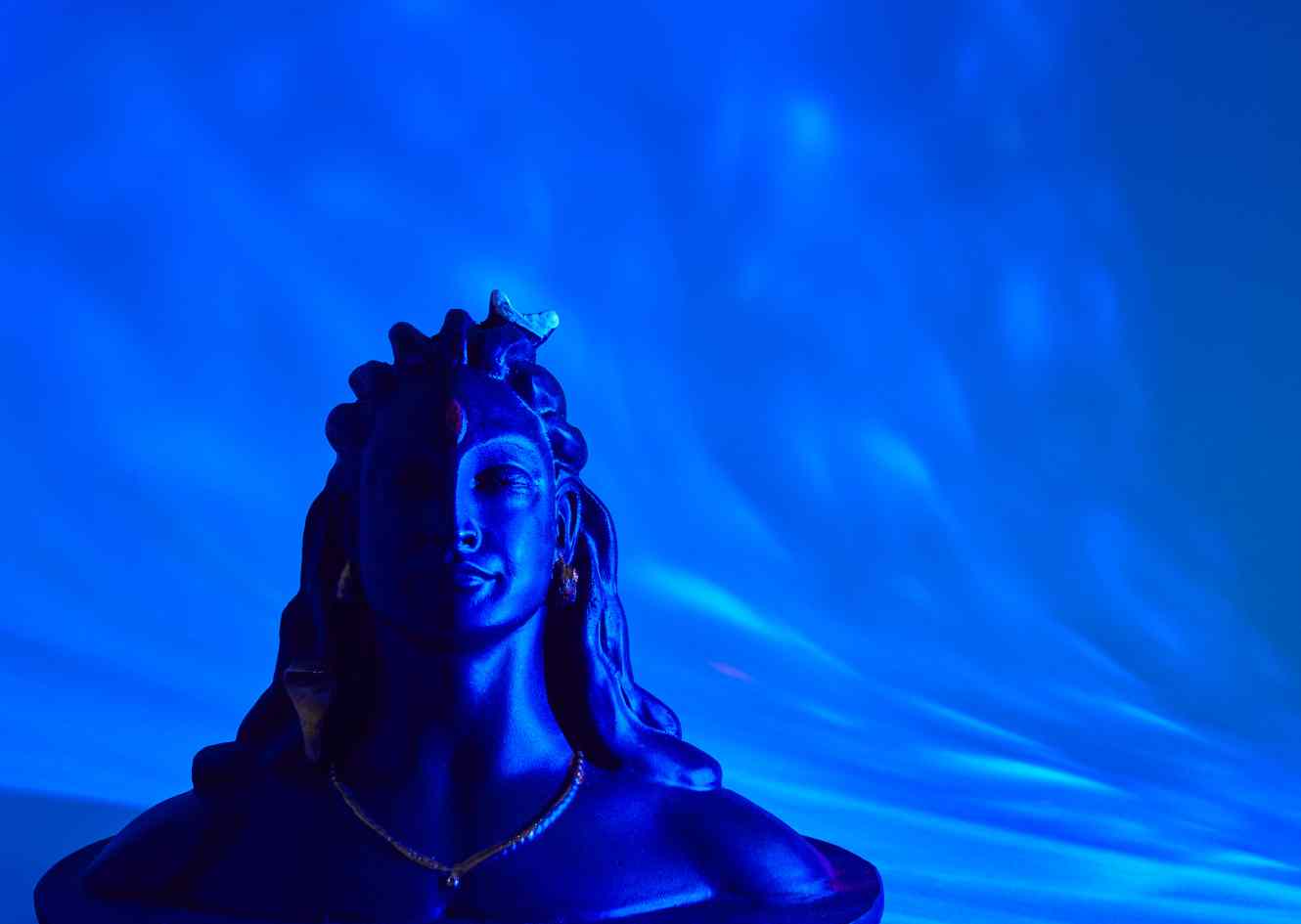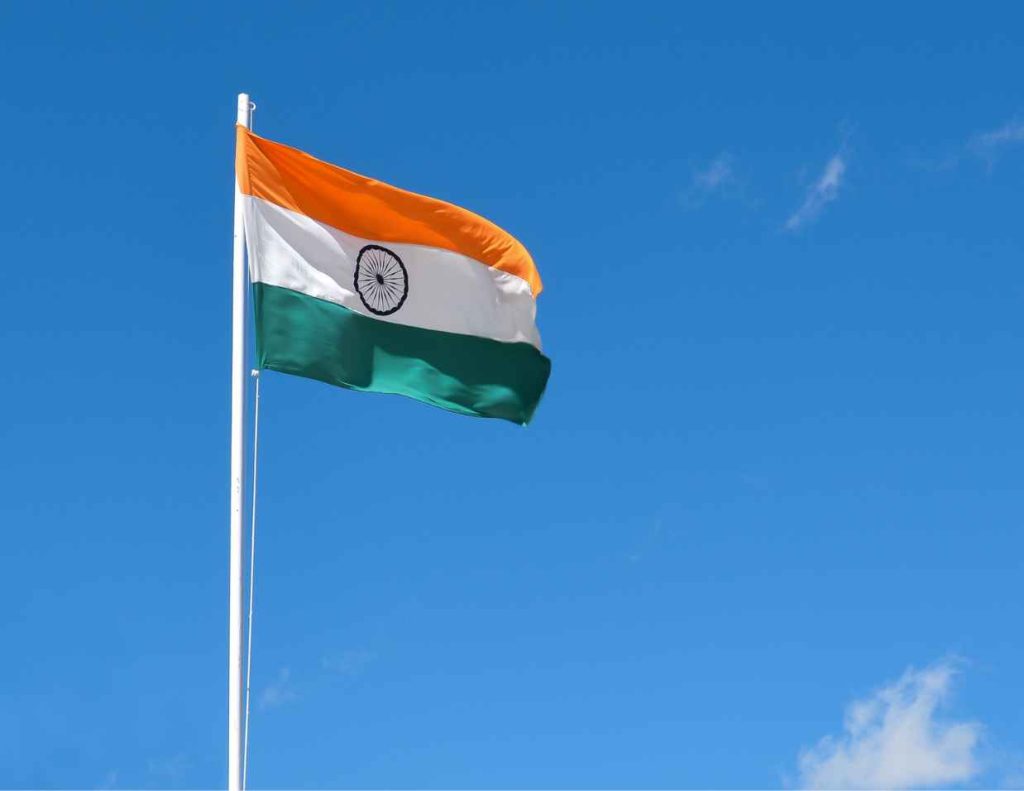Religious Tolerance in India Is Unparalleled

India, known as “Bharat” in its national language, is a diverse cultural landscape bringing together a rich tapestry of religious pluralism. A land of many faiths, India’s commitment to religious tolerance has shaped its social fabric, legal structures, and philosophical outlook throughout history.
India has welcomed and nurtured many faiths, from the ancient Indus Valley Civilization to the modern Republic. Its earliest spiritual traditions encapsulate Hinduism, which, by its nature, accommodates a range of diverse beliefs and practices under its umbrella. Hindu philosophy believes in accepting diversity, promoting the idea that there are many paths to the divine.
Hinduism Embraces Religious Tolerance
Buddhism and Jainism, both of which originated in India, were met not with hostility but with intellectual engagement and philosophical debate, shaping the spiritual consciousness of the nation. The same inclusivity extended to other religions that found a home in India.
India’s embrace of religious diversity is evident in its acceptance of faiths from foreign lands. Trade, invasions, and migrations brought Zoroastrianism, Judaism, Christianity, and Islam to India. The nation accommodated these faiths, allowing them to grow and flourish. The Parsis, followers of Zoroastrianism, sought refuge in India. India welcomed them with open arms. Christianity arrived in India with the Apostle Thomas in the first century A.D., while Judaism found a haven on India’s southwestern coast.
Islam arrived in India in the 7th century via trade routes and invasions. Over time, it became an integral part of India’s religious mosaic. India’s Islamic legacy is visible in its architecture, music, literature, and cuisine. Similarly, Sikhism, born in the crucible of Hindu and Islamic thought, added to India’s rich religious diversity.
It Is The Law
The country’s commitment to religious freedom is enshrined in its Constitution. The preamble of the Indian Constitution declares the nation to be a secular state, ensuring freedom of religion for its citizens. It includes the freedom to profess, practice, and propagate any religion or even no religion at all.
However, India’s journey towards religious tolerance has been challenging. Periods of inter-religious tension, conflicts, and riots have dotted India’s historical and contemporary landscapes. Yet, despite these disturbances, the overarching theme has been coexistence and shared cultural syncretism, manifesting in the celebrations of diverse religious festivals, mutual respect for religious figures, and the thriving of religiously diverse communities.
In the face of rising global religious intolerance, India’s history of religious pluralism offers valuable lessons. The ethos of “Sarva Dharma Sama Bhava,” meaning “all religions are equal,” is a cornerstone of India’s cultural DNA. This intrinsic belief in religious harmony keeps the nation together despite occasional disruptions.
Uniform Civil Code
A uniform civil code across the nation is a must to eliminate religious intolerance. Implementing a Uniform Civil Code would ensure that all citizens, irrespective of their religion, are treated equally in the eyes of the law. It reinforces the notion of “Sarva Dharma Sama Bhava” by treating all religions equally regarding civil law.
India’s historical tolerance for all religions is not merely a testament to its cultural and philosophical outlook. It’s a beacon of pluralism and mutual respect, a guiding light for a world increasingly fragmented by religious discord. As India continues its journey, it must continue to cherish, nurture, and uphold this tradition of religious tolerance, for it forms the very bedrock of its diverse and vibrant society.
